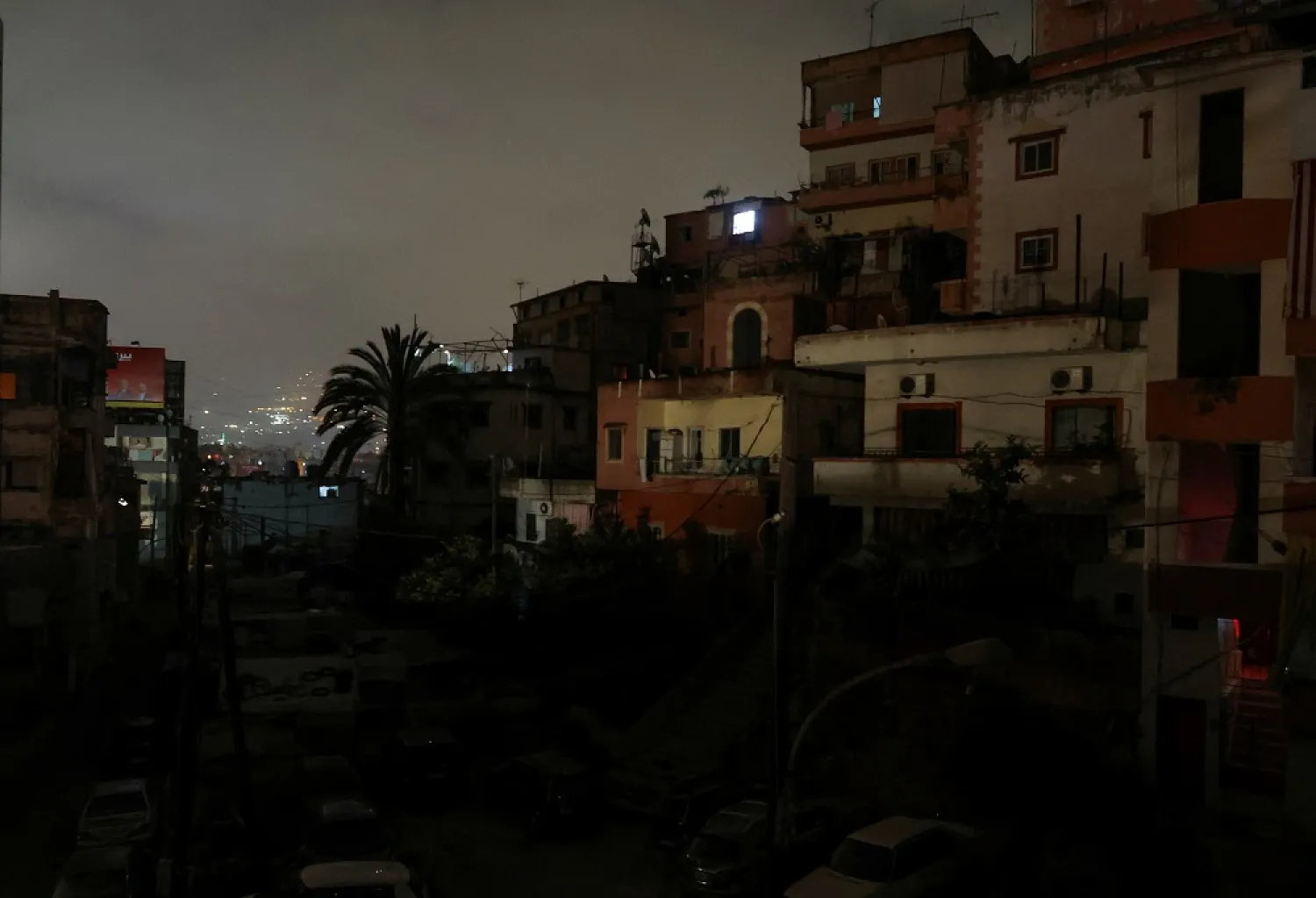Lebanon has to audit its state electricity company among other reforms the World Bank has required before it will consider funding Lebanon's worn-down electricity sector, the bank's regional vice president Ferid Belhaj said on Tuesday.
Public provision of electricity in Lebanon has been poor since the country's 1975-90 civil war but has deteriorated further over the last three years as the financial crisis has debilitated the government's ability to secure fuel.
Lebanon has been hoping to access World Bank funding but Belhaj told the country's caretaker premier Najib Mikati that Lebanon still needs to audit Electricity du Liban (EDL), activate its newly announced regulatory authority and recover provision costs through collection, according to a statement by Mikati's office, which did not have comment from the prime minister.
"These are the three conditions and if they are implemented, the World Bank is ready to reconsider the issue of financing the electricity sector in Lebanon," the statement quoted Belhaj as saying.
The country has signed deals to receive electricity from Jordan and natural gas from Egypt, both via Syria, which would add up to 700 megawatts of power to the country's grid, increasing power supply by several hours.
The World Bank agreed to finance the agreements if Lebanon enacts long-awaited power sector reforms.
State power stations are almost entirely offline and fuel subsidy cuts have caused operating costs for private generators to skyrocket.
Human Rights Watch said last week that decades of neglect, mismanagement and alleged corruption had made power inaccessible to many in Lebanon - which in turn exacerbated poverty and hampered people's access to food, water and health care.









